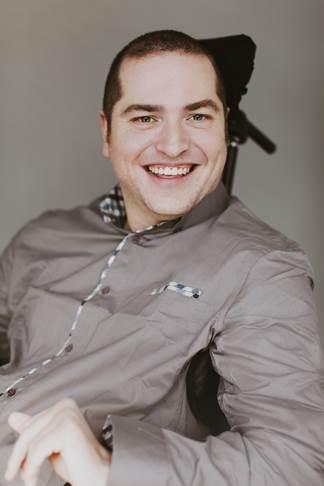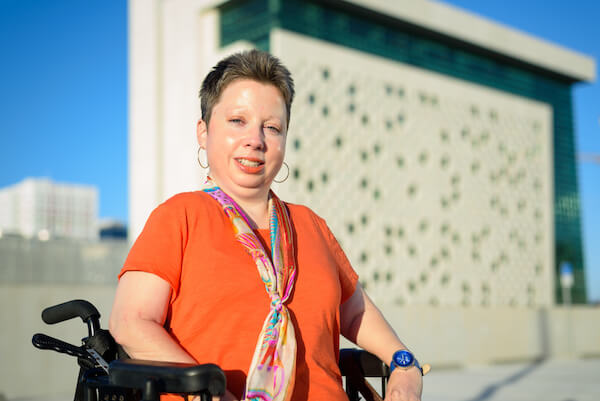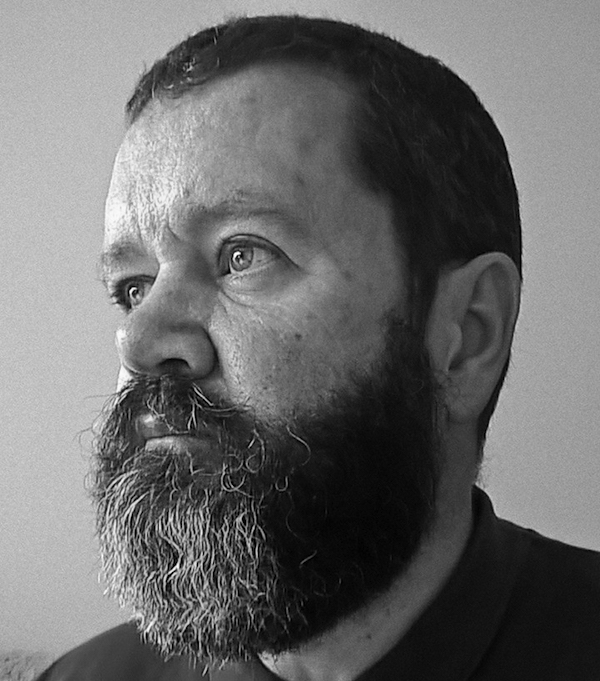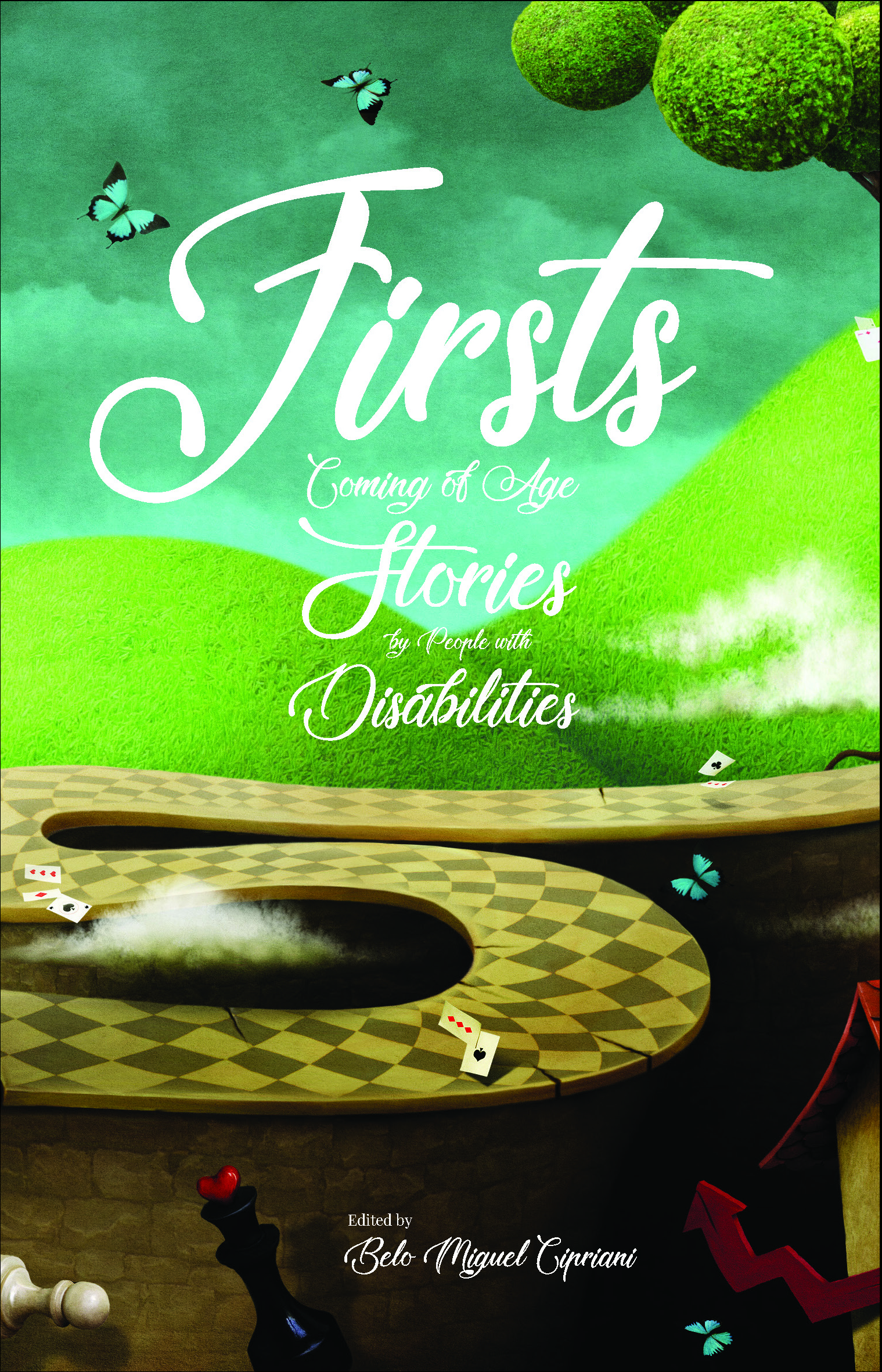By Belo Miguel Cipriani
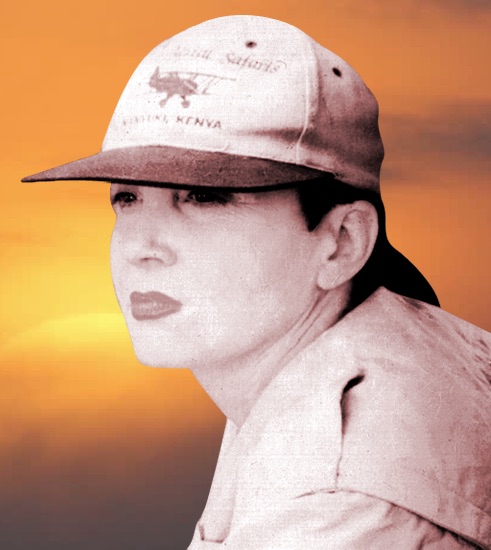
Bipolar disorder is one of the most studied neurological conditions today. According to the National Institute of Mental Health (NIMH), it roughly affects 4.5 percent of adults in the United States. But while bipolar disorder impacts many people, when it comes to accurate representation in literary works, there is still a need for more books that capture the bipolar experience.
In recent years, there have been some great Continue reading “Expanding Bipolar Visibility in Fiction”



